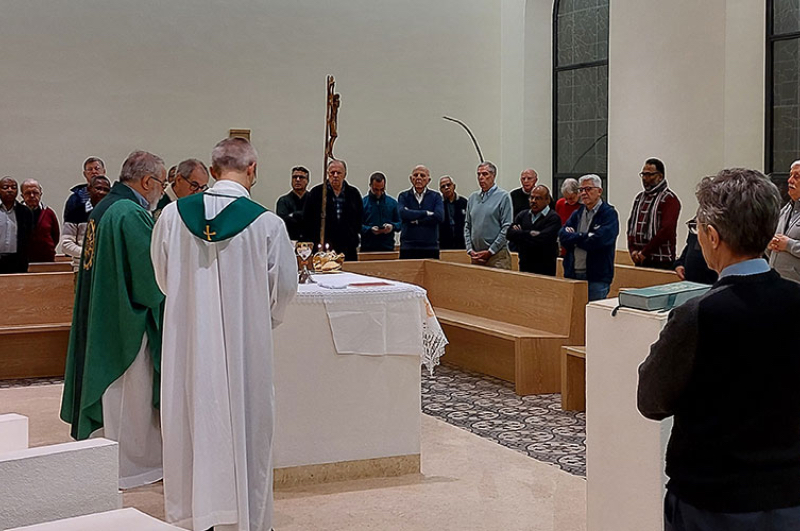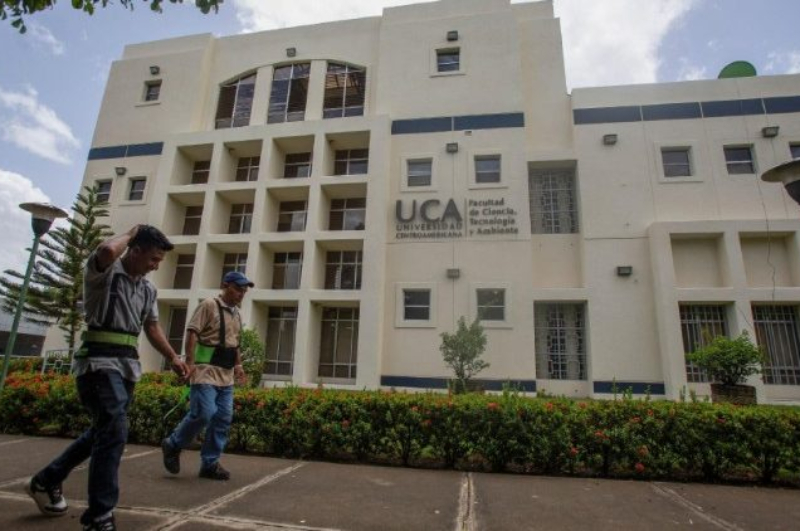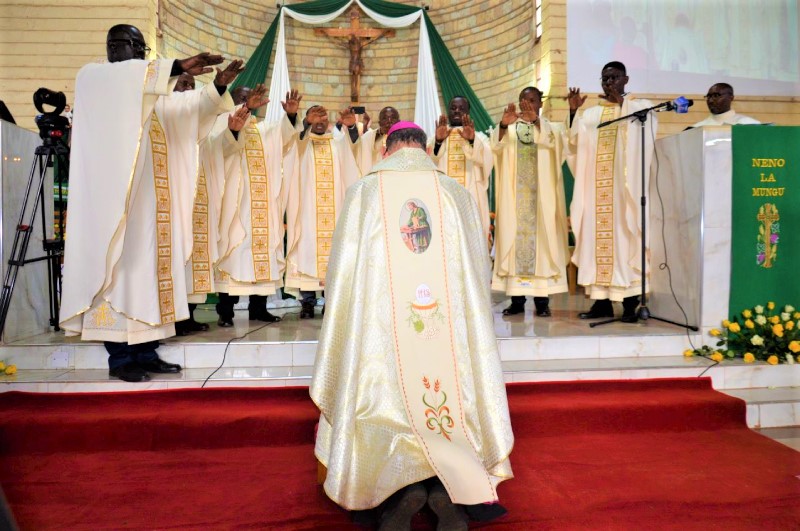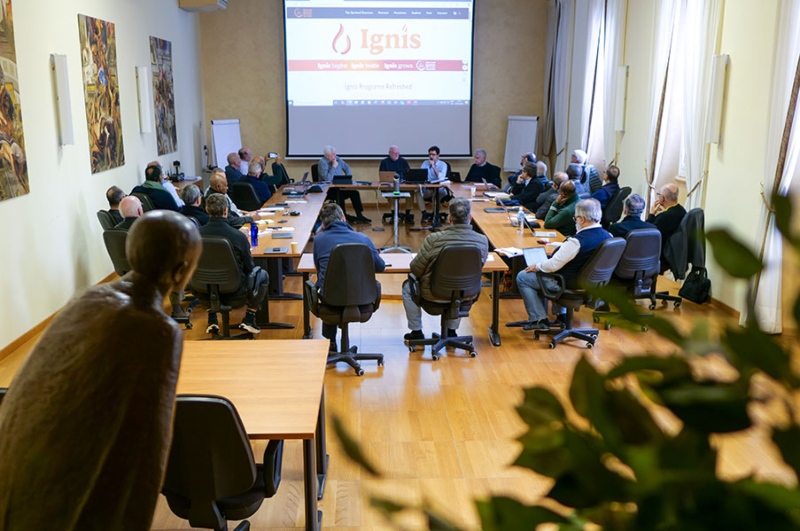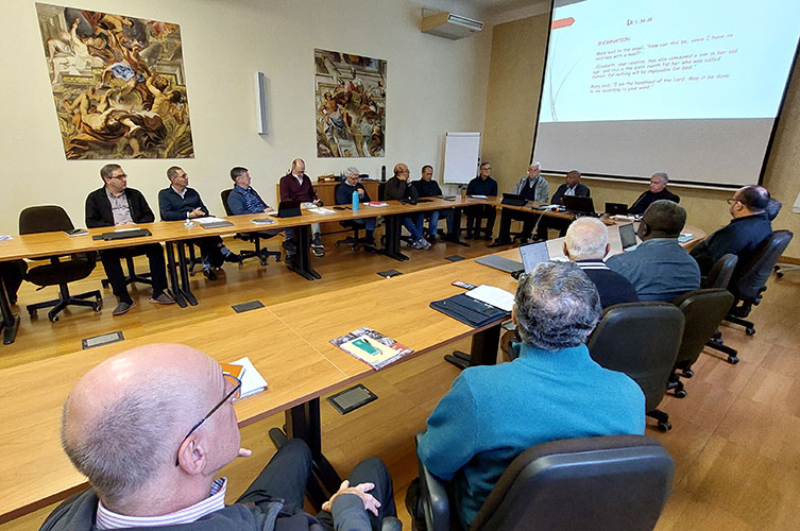

No surprise there! Those of you who follow the Society’s activities on our websites, through our newsletters and on our social media will know that for one week at the beginning of January each year, Father General convenes his Extended Council - in the jargon of the General Curia, the Consiglio Allargato.
While the flow of information between the Superior General and his closest Assistants is continuous - with individual meetings every week and Council meetings two or three times a week - Father Sosa is keen to widen this circle. Members of the Extended Council include the four heads of the Apostolic Secretariats (Service of Faith, Secondary and Pre-secondary Education, Higher Education, Social Justice and Ecology) and the Presidents of the Society’s six Conferences (Latin America and the Caribbean, Canada/United States, Europe, Africa and Madagascar, South Asia and Asia-Pacific).
The January 2024 meeting will focus on the theme of formation. It is, therefore, largely under the responsibility of Father General’s Assistant for Formation, Fr Mark Ravizza. The programme sent to the members lays out the proposed context for the discussions and opportunities for joint discernment. It is clear that Jesuit formation has become increasingly “international”. It is indeed rare for a young Jesuit to do all his academic and spiritual formation only in his own Province. What are the consequences, what are the advantages already identified, what are the challenges or even the disadvantages linked to this “globalisation” of Jesuit formation?
But there is another aspect to which the Extended Council must pay attention. The Society can no longer simply focus on the formation of its members, but is increasingly called upon to offer opportunities and even programmes of formation to “non-Jesuits”, lay people or religious women and men from other congregations, who are active partners in the Society’s mission. The members of the Extended Council will explore what has already been done in this respect in different Provinces or at Conference level. They will also be able to learn about projects for the formation of lay personnel in the Society’s secondary schools in which even management positions are held by lay people. Another aspect will be highlighted: that of the formation of lay members of the Pope’s Worldwide Prayer Network.
Fr. Mark Ravizza responds to a few questions about this week’s Consiglio Allargato.
Fr Ravizza, are there some specific reasons for the Extended Council to spend time on the “Formation file” at this moment?
We are addressing several important formation themes at the Extended Council in January. First, we hope to deepen insights about formation that emerged in the De Statu Societatis. We will do this by identifying the most urgent formation issues that are facing each Conference and discussing shared strategies to address these issues. Second, we want to address the increasingly international character of our formation and explore how to better coordinate efforts across Conferences to support this formation. Finally, we will discuss the growing need to support lay formation.
Over the last few years, as Counselor for Formation, what have you identified as the tendencies, dynamics, orientations that have taken shape and what can be expected from the General Curia to support the best practices for the human and spiritual growth of Jesuits in formation?
This is a broad question, but perhaps I can focus on one key issue that we will be addressing at the Extended Council. Nowadays, Provinces may have Jesuits in their Province for only one or two stages of formation, and sometimes only for Regency. In addition, they are often sending their men to formation Centers not just within their own Conference, but increasingly outside of their Conference. As a result, formation decisions made in one Conference can have dramatic effects on other Conferences, but we do not have the structures and shared spaces of discernment to address these “cross-Conference” impacts. This is one area where the General Curia can and should play a role.
For example, as we discern the number, type, and location of our international formation centers, we need to ensure that all the “cross-Conference” realities be taken into account appropriately in the discernment process. Similarly, as we become more interconnected, there are growing possibilities for sharing resources, such as funds, faculty, and digital courses across Conferences. This is also an area where the General Curia can help to animate and facilitate cross-Conference discussions to improve the formation curriculum everywhere in the universal Society.
The word “formation” does no longer apply only to the Jesuits but more and more to partners in mission of the Society, especially lay people. From your experience and knowledge, how far have we been going in this project of offering the relevant formation tools to lay people?
Lay formation has been highlighted as a critical need in the recent document De Statu Societatis. The good news is that we are collaborating with more and more lay women and men in our apostolic works, and many of them are assuming ever greater leadership roles. Yet, with this growth has come an increasing need and desire for more lay formation. Most of this formation is currently centered in the apostolic works themselves, but there is an encouraging trend to create common formation programs across apostolic networks. At the Extended Council we hope to study some of these best practices in lay formation, and to discuss how to better support the lay men and women with whom we collaborate. For example, how can we help them identify their unique lay vocation and make an election to be full partners in mission?
Related Articles
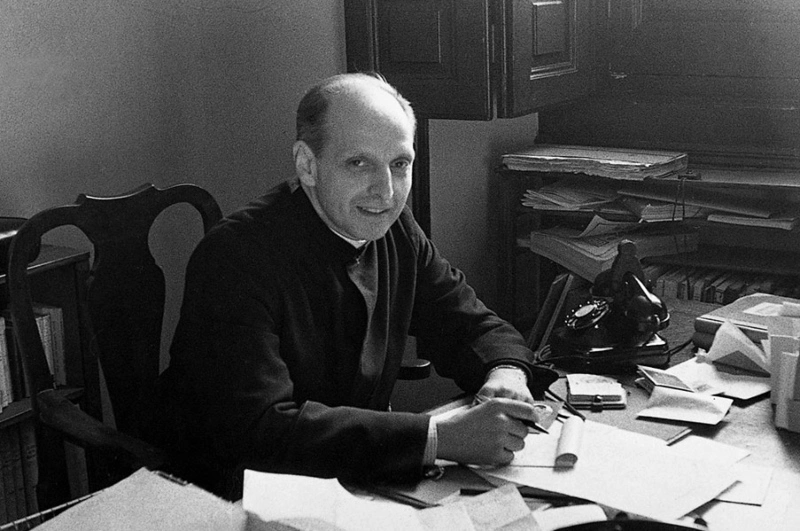
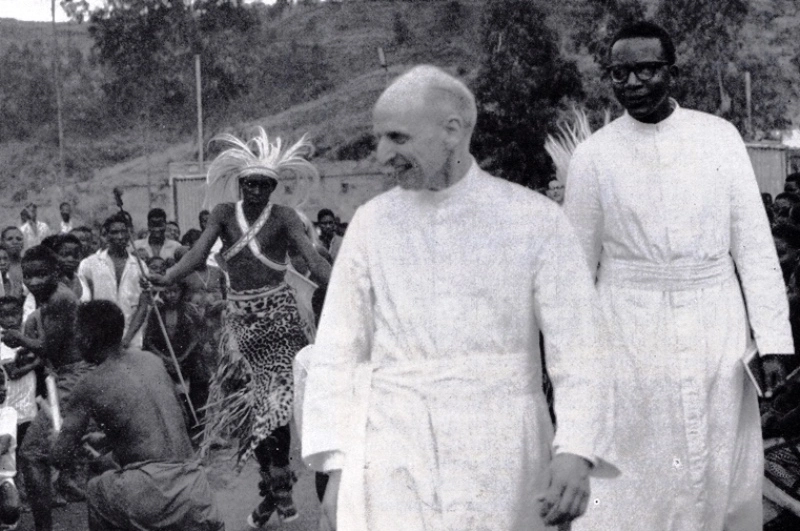
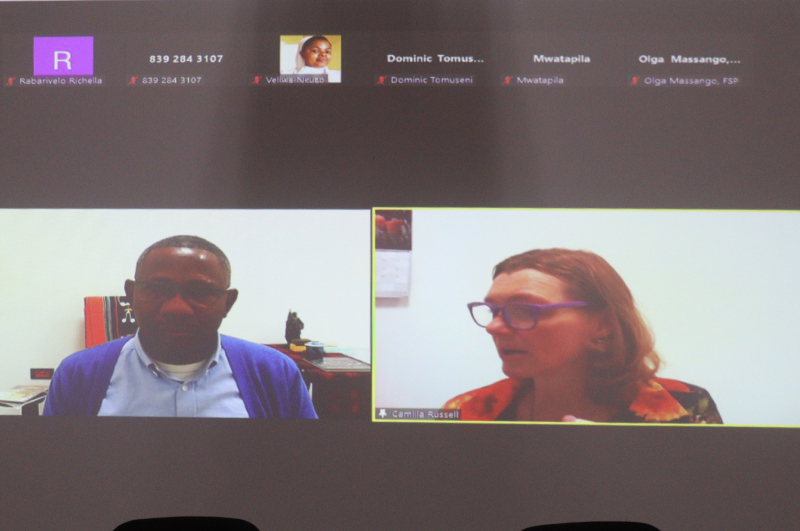
Select Payment Method
Pay by bank transfer
If you wish to make a donation by direct bank transfer please contact Fr Paul Hamill SJ treasurer@jesuits.africa. Fr Paul will get in touch with you about the best method of transfer for you and share account details with you. Donations can be one-off gifts or of any frequency; for example, you might wish to become a regular monthly donor of small amounts; that sort of reliable income can allow for very welcome forward planning in the development of the Society’s works in Africa and Madagascar.
Often it is easier to send a donation to an office within your own country and Fr Paul can advise on how that might be done. In some countries this kind of giving can also be recognised for tax relief and the necessary receipts will be issued.


